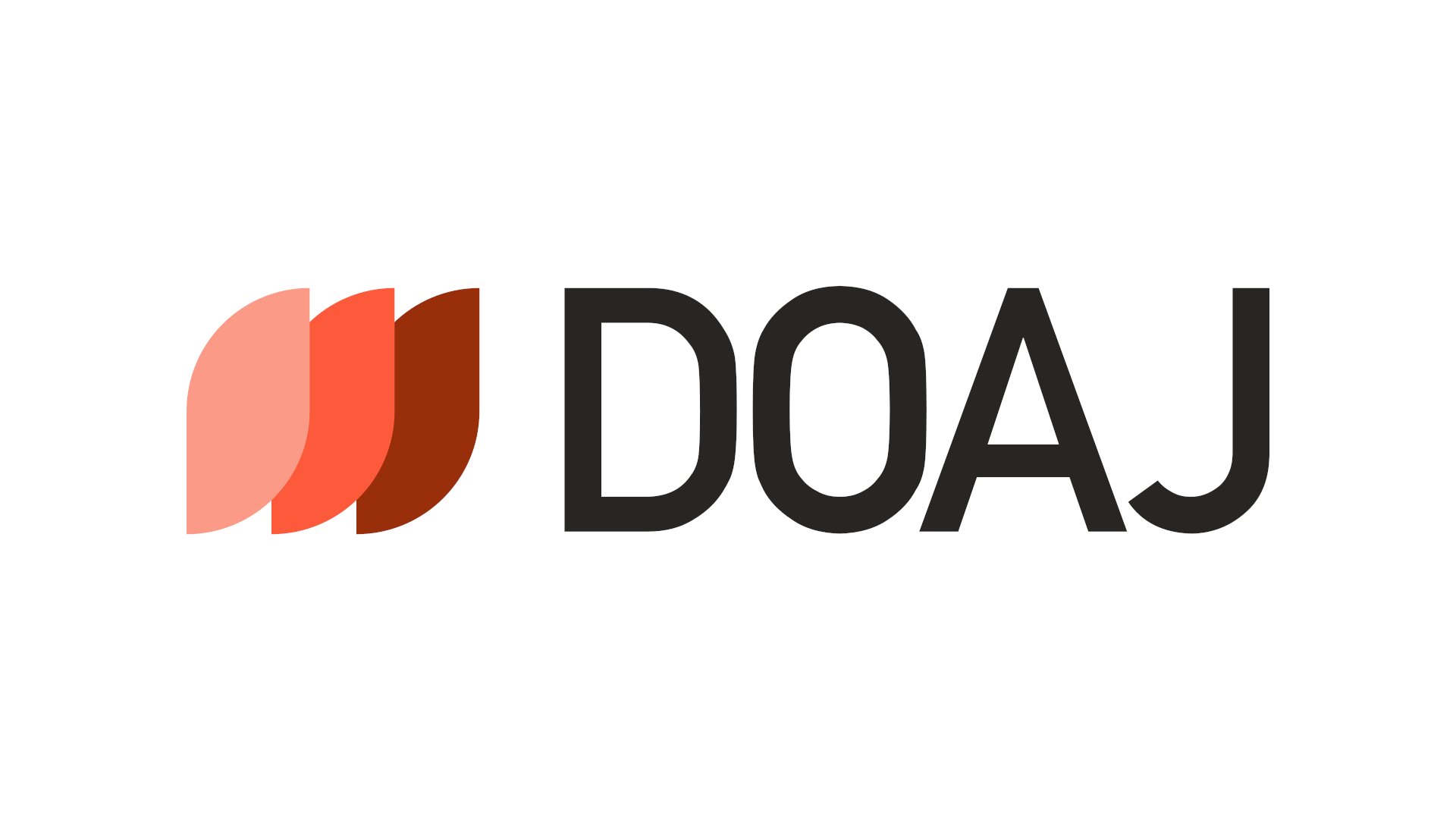Variability in Makeup and Expressions: Impacts on Deep Learning Classifiers for Face Recognition
Assessing the Performance of Deep Learning Models in Diverse Facial Scenarios
DOI:
https://doi.org/10.33022/ijcs.v14i3.4636Keywords:
Facial Recognition, Makeup, Deep Learning, Classifiers, Facial Expressions, Transfer LearningAbstract
Facial recognition technology serves as an integral component of security, access management, and identification systems. This study addresses the challenges this technology faces due to makeup and varying facial expressions, which can lead to misidentification. We investigate the effectiveness of five deep learning models—ResNet, InceptionV3, EfficientNet, Xception, and SENet—in recognizing faces with makeup and diverse emotional expressions. Using five publicly accessible datasets, including KDEF, CelebA, and UTKFace, we measure performance with metrics such as accuracy, precision, recall, F1 score, and ROC-AUC. Our analysis evaluates the benefits of transfer learning with pre-trained models and their robustness against new data. We find that InceptionV3 achieves peak accuracy of 85.2% on CelebA with high performance across all datasets, with an average accuracy of 79.8%. These results highlight how makeup and emotional expressions affect recognition accuracy and emphasize the need for improving facial recognition technologies for security and accessibility applications.
Downloads
Published
Issue
Section
License
Copyright (c) 2025 Annie Egwali, Ruth

This work is licensed under a Creative Commons Attribution-ShareAlike 4.0 International License.





